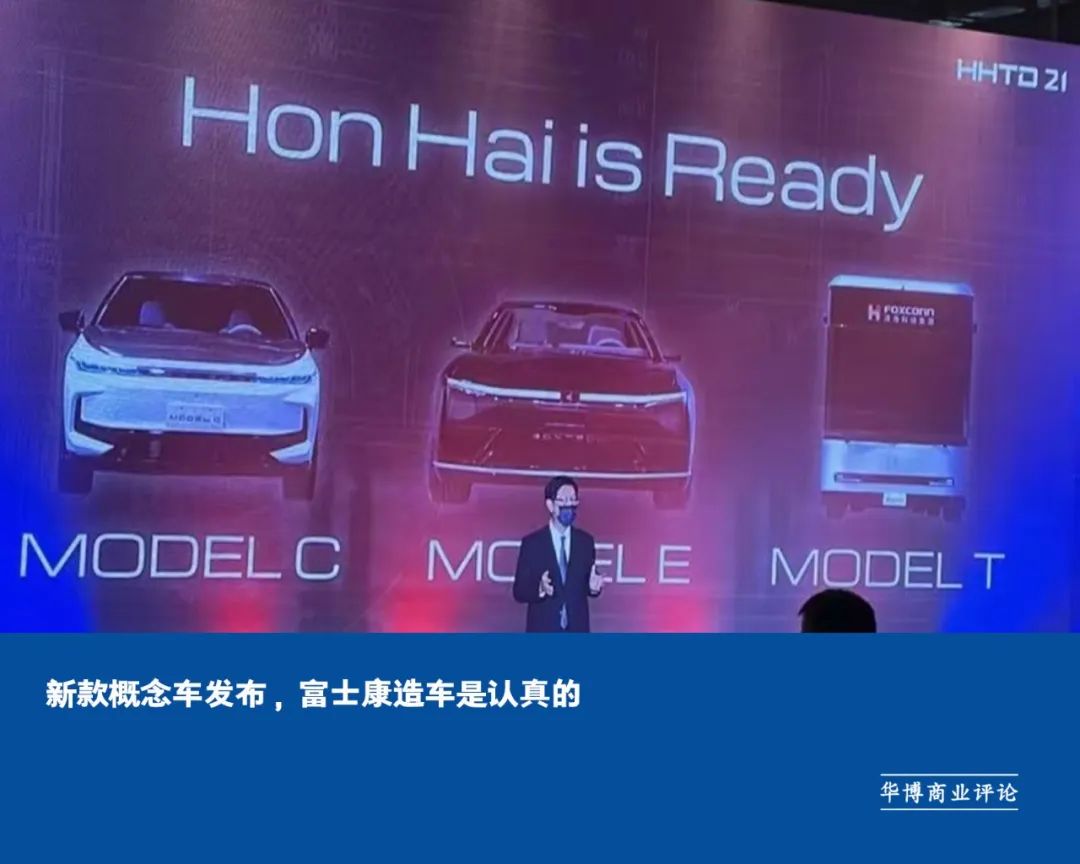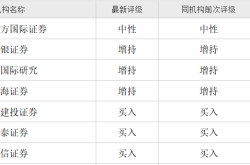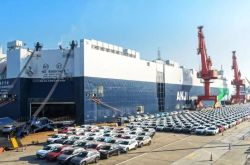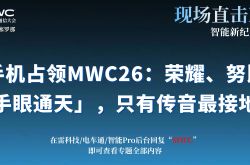New concept car launched, Foxconn is serious about making cars
![]() 10/25 2024
10/25 2024
![]() 523
523

Produced by | Huabo Business Review
Foxconn's parent company, Hon Hai Precision Industry Co., Ltd., once again made a move on October 8th by unveiling the all-electric MPV Model D and the all-electric medium-sized bus MODEL U.
It is reported that these two new vehicles were jointly developed by Honghua Advanced, a joint venture established by Foxconn and Yulon Motor. They are expected to hit the market within two years.
01
Manufacturing or Contract Manufacturing?
Prior to this, Foxconn had already taken an important step towards automobile manufacturing. In the first quarter of this year, the mass-produced version of its first model, the Model C, was successfully delivered in Taiwan under the name Luxgen N7.
According to local media reports, the model sold over 1,000 units per month from April to July, breaking the electric vehicle sales record in Taiwan. With cumulative sales exceeding 5,000 units in the first eight months, it has formed fierce competition with Tesla's Model Y.
Foxconn is confident about its future development. According to the company's previous forecast, by 2025, its automotive business revenue is expected to reach $33 billion, with plans to capture 5% of the global electric vehicle market.
However, industry analysts point out that although Foxconn has made some achievements in automobile manufacturing, its differentiated competitive advantage in complete vehicle manufacturing is not yet apparent. Moreover, Foxconn's involvement in automobile manufacturing is more seen as demonstrating to OEMs that "Foxconn has the capability to manufacture complete vehicles."
In fact, Foxconn has a solid foundation in the automotive industry, having supplied core components such as electronic dashboards, printed circuit boards, and plastic parts to renowned automotive brands like Tesla, BMW, and Mercedes-Benz for many years. However, in the field of electric vehicle manufacturing, it is still considered a newcomer.
Nonetheless, Foxconn's founder, Terry Gou, has even compared automobiles to "iPhones on four wheels," believing that if Foxconn can successfully manufacture iPhones, then manufacturing electric vehicles should be "a piece of cake." However, while Foxconn has the advantage of faster production and lower costs in iPhone manufacturing, this advantage has not fully translated to the more complex, longer supply chain, and higher uncertainty of the automotive manufacturing sector.
Compared to mainstream domestic contract manufacturers, while Foxconn has a strong foundation in automotive components and mobile phones, it is relatively weak in complete vehicle manufacturing and R&D. Its electric vehicle contract manufacturing capabilities have not yet reached the mainstream level of the industry, compared to some domestic companies that contract manufacture for new automotive forces.
Furthermore, automotive users have extremely high requirements for product reliability and safety. In a contract manufacturing model, any quality control issues that arise during production can seriously damage the image of the automotive brand. At the same time, it is difficult for the brand owner to fully control product production and quality.
Therefore, start-up automotive companies intending to make a big splash in the automotive industry prefer to produce autonomously to reduce reliance on external contract manufacturing. For example, this year, new automotive forces such as Xiaomi Motors and NIO are actively seeking to obtain manufacturing qualifications and expand their own factories.
02
Once Again, Relying on Henan for Advancement
Regardless, it is clear that Foxconn intends to secure a slice of the new energy vehicle pie. Its "old partner," Henan, has once again become an accelerator on its path forward.
Since June 2023, Foxconn has launched a comprehensive recruitment drive in Zhengzhou for its electric vehicle and battery businesses, covering the entire vehicle manufacturing chain, including key areas such as brakes, power circuits, steering, interior styling, power motors, vehicle cooling, and suspension.
Entering July 2024, Foxconn announced that it will invest 1 billion yuan in Zhengzhou to build a new headquarters building, located in Zhengdong New Area with a construction area of approximately 700 hectares. Simultaneously, Foxconn will focus on deploying electric vehicle prototyping centers and solid-state battery projects in the Zhengzhou Airport Economic Zone, marking substantial progress in its new business layout.
The Henan provincial government has also actively responded to this trend. In the "Several Measures to Solidly Promote Steady Economic Growth in the Second Half of 2024" released in late July of this year, it was proposed to strive for an annual automotive production of over 1.5 million vehicles, with new energy vehicles accounting for more than half, reaching over 800,000 vehicles. This goal echoes Henan's rapid development in the new energy vehicle sector.
The reasons for Foxconn choosing Henan as an important location for its new energy vehicle business are obvious.
Henan has shown strong growth momentum in the new energy vehicle sector, with Zhengzhou's new energy vehicle production surging 10.4 times in the first half of the year to reach 219,000 vehicles. Meanwhile, the commissioning of CATL's Luoyang base and the commencement of its second-phase project have added new momentum to Henan's new energy vehicle industry chain, with a combined planned production capacity reaching a domestically leading level of 90GWh. Coupled with the support of vehicle manufacturers such as Yutong, SAIC Motor, and FAW, Henan's new energy vehicle industry chain is becoming increasingly complete.
This "two-way approach" between Foxconn and Henan will not only help Foxconn leverage Henan's existing automotive industry resources and market advantages to quickly build its new energy vehicle brand and products, achieving mutual benefit and win-win results with local enterprises in Henan, but it will also drive the coordinated development of upstream and downstream in Henan's new energy vehicle industry chain, enhancing its overall competitiveness and innovation capability. Against the backdrop of Henan's transformation from a major manufacturing province to a strong manufacturing province, Foxconn's involvement undoubtedly injects new vitality into this transformation. Manufacturing "giants" such as BYD and Gree have also made layouts in Henan. Facing this new round of strategic opportunities, this synchronized "handshake" will inject more robust new momentum into regional development.







